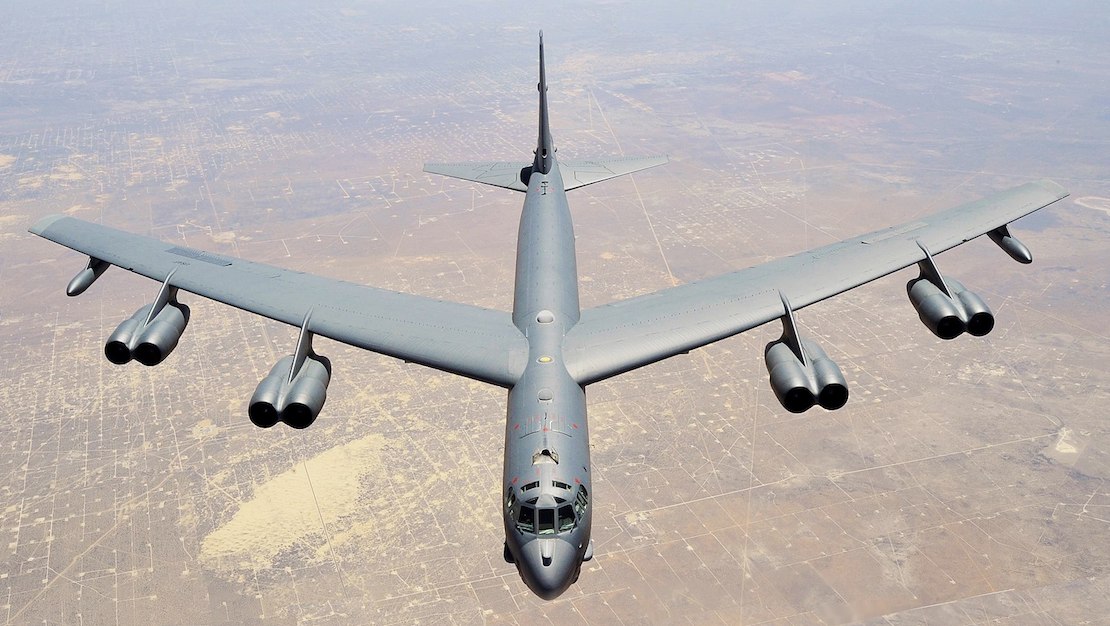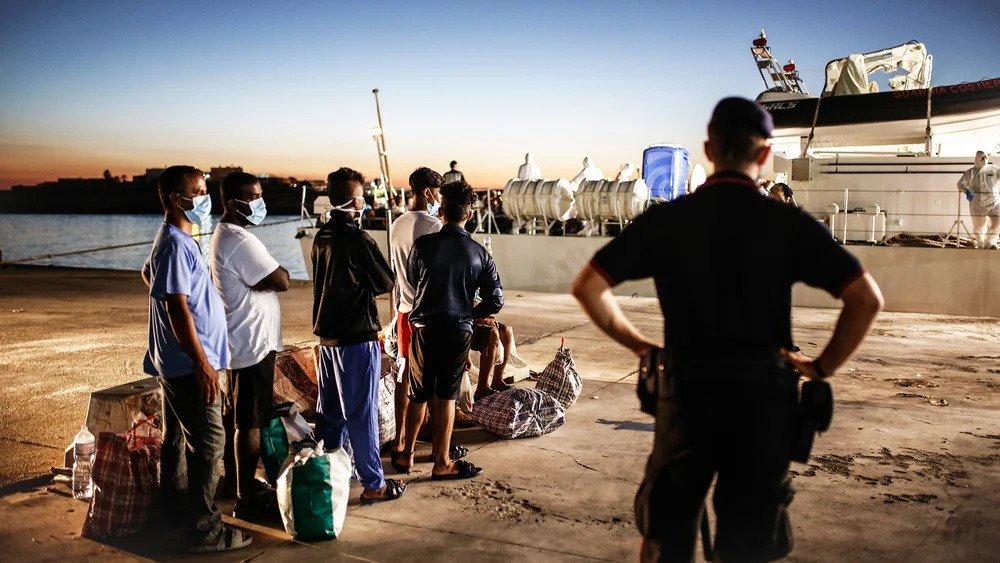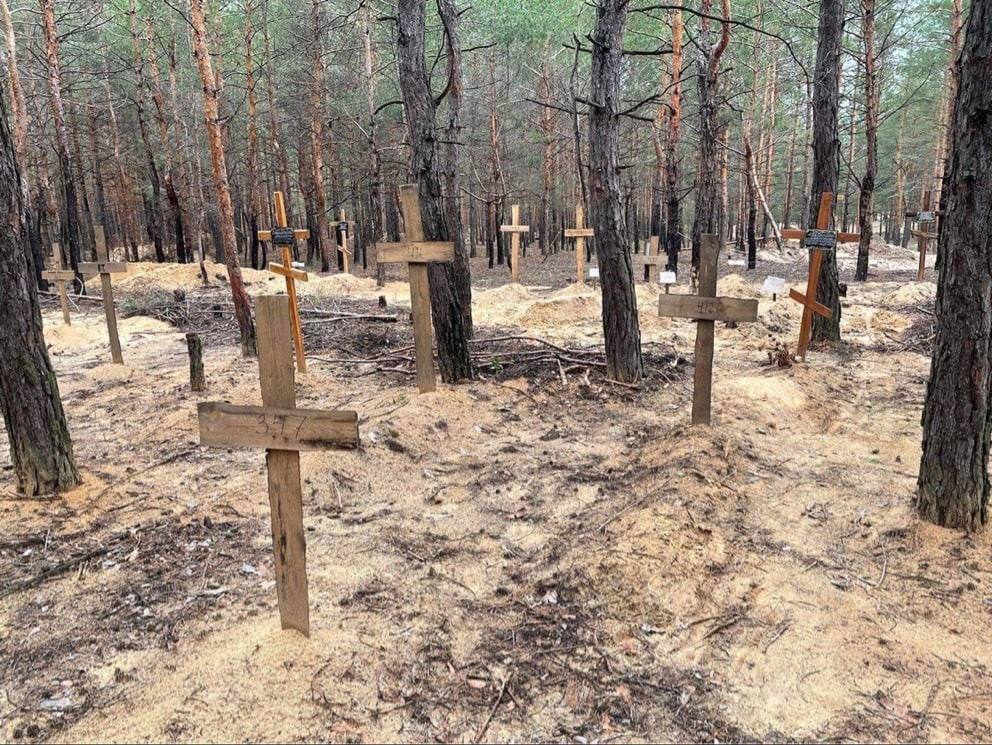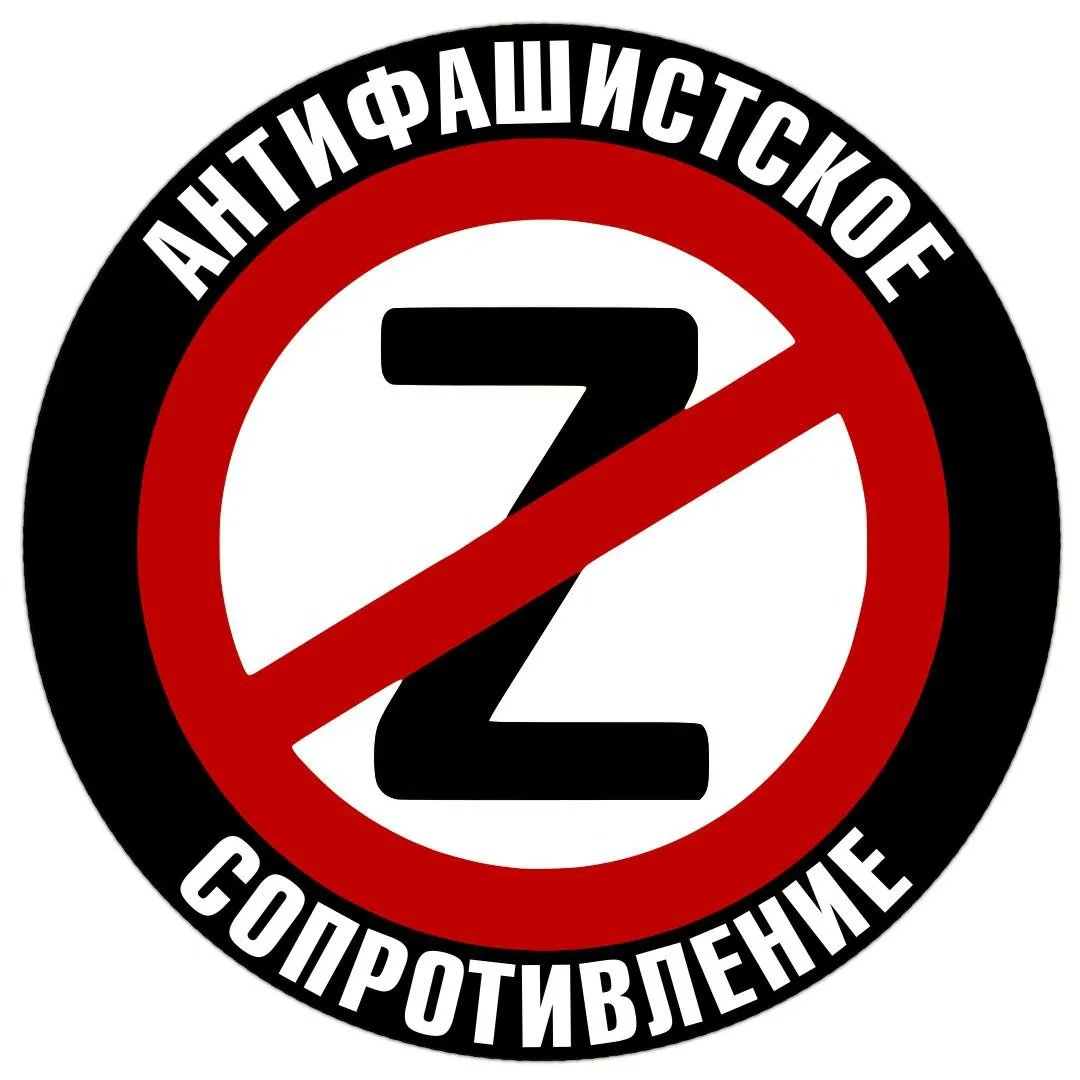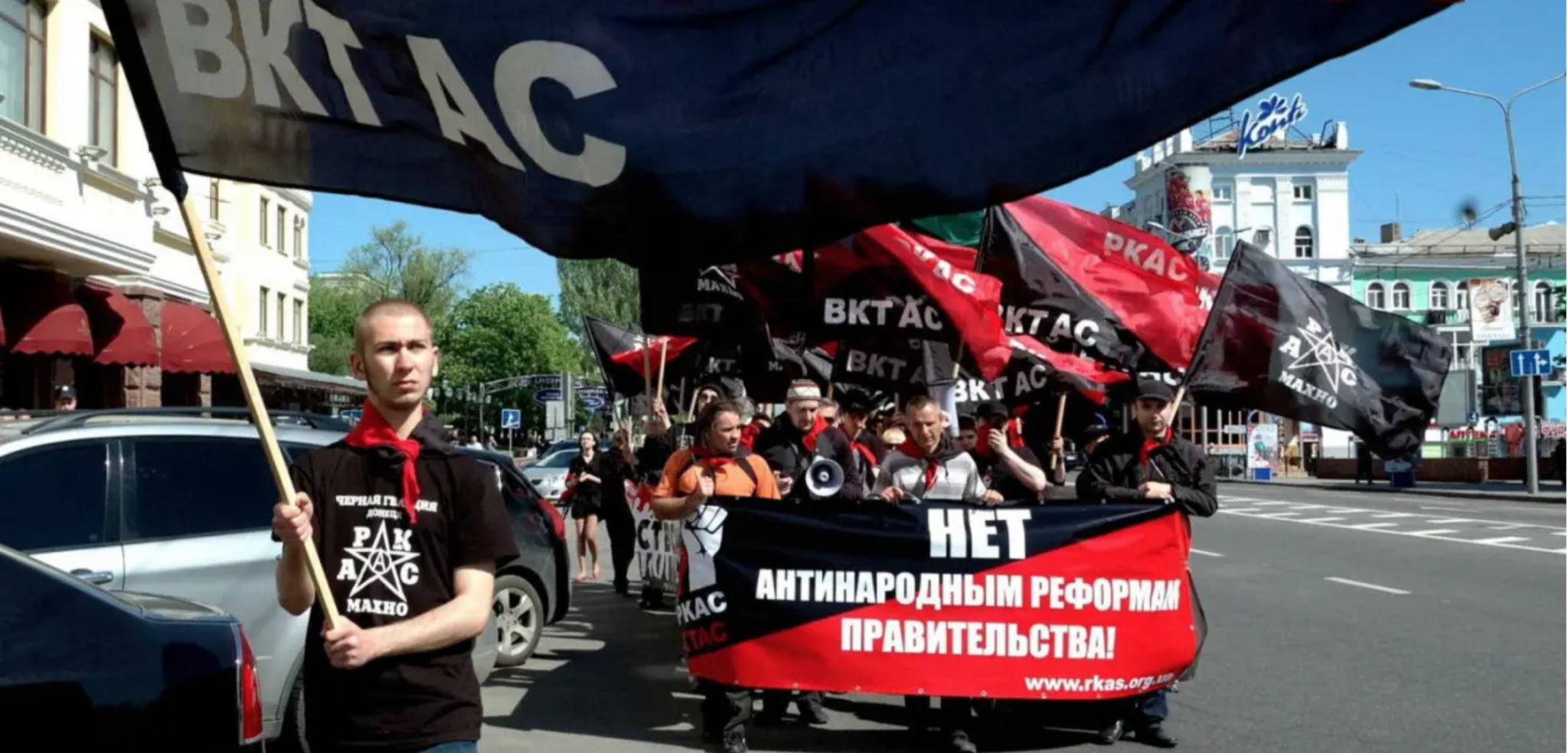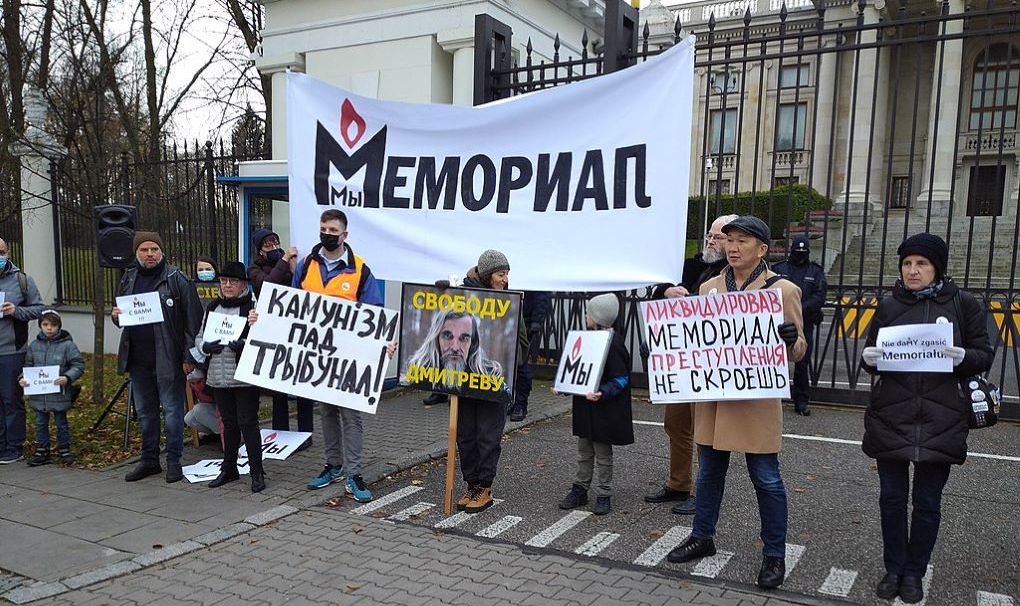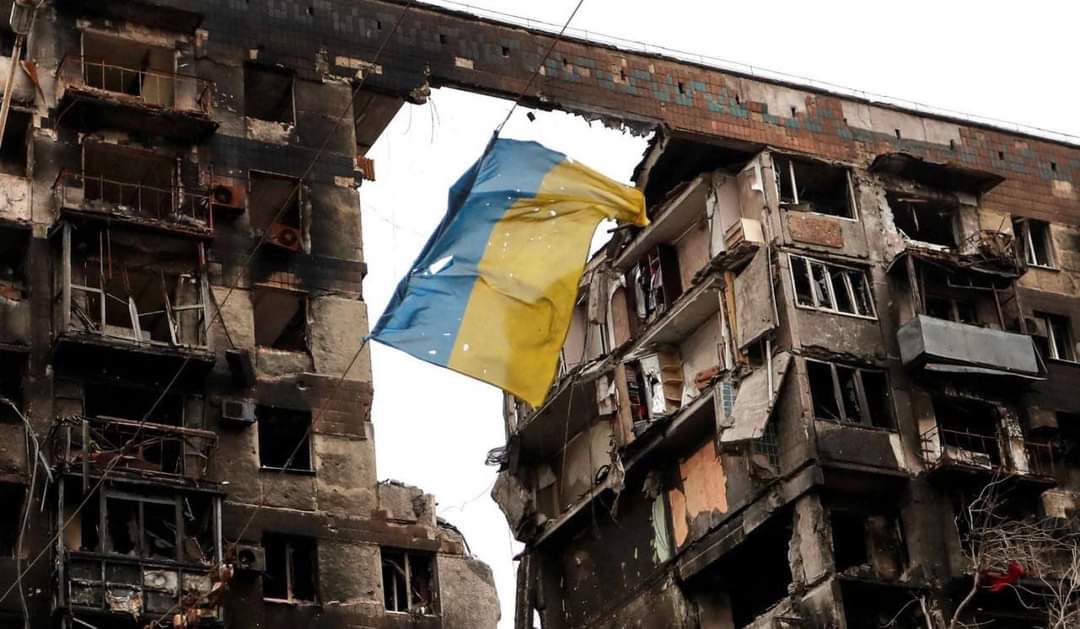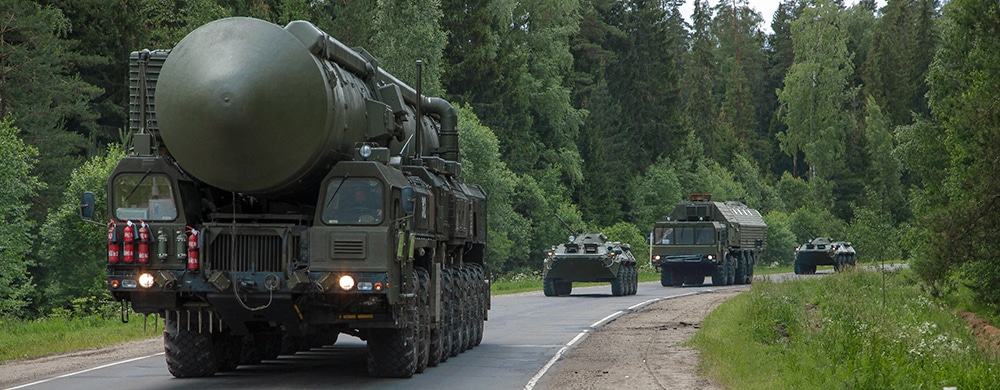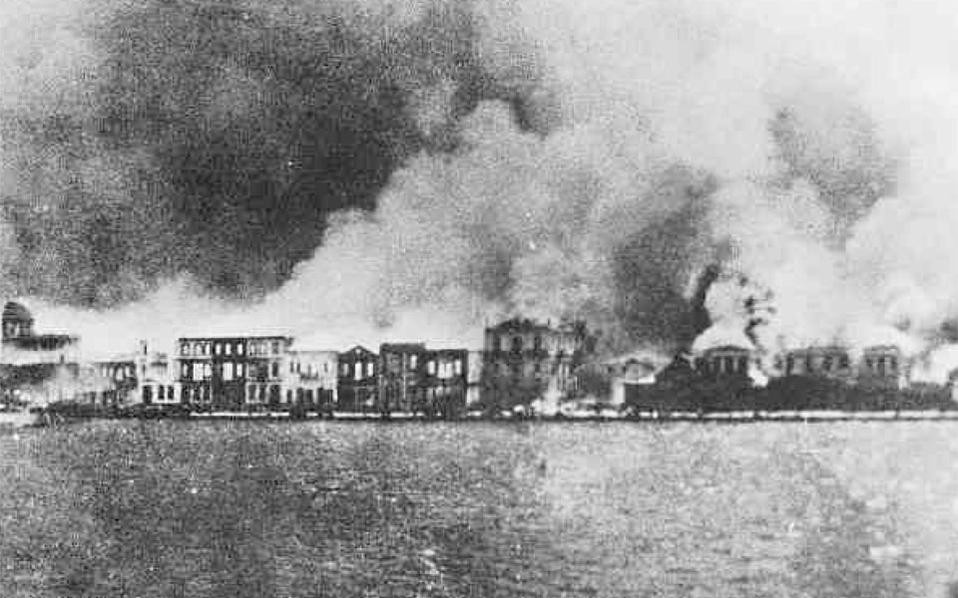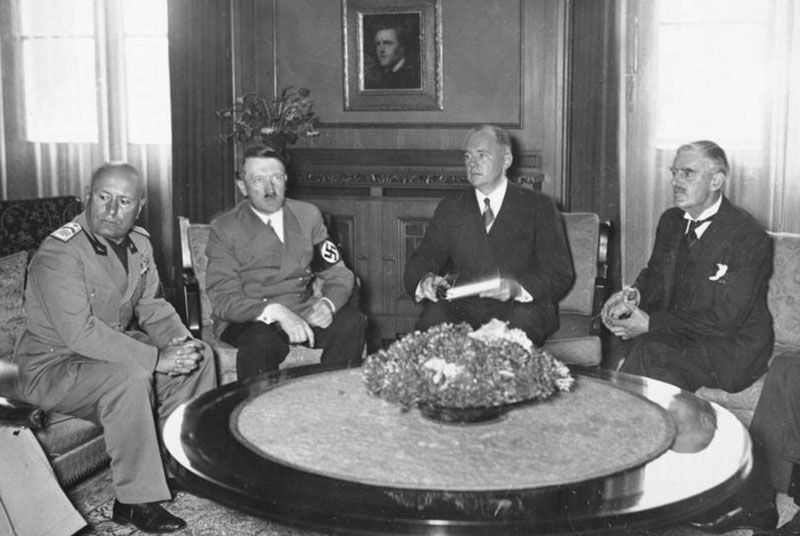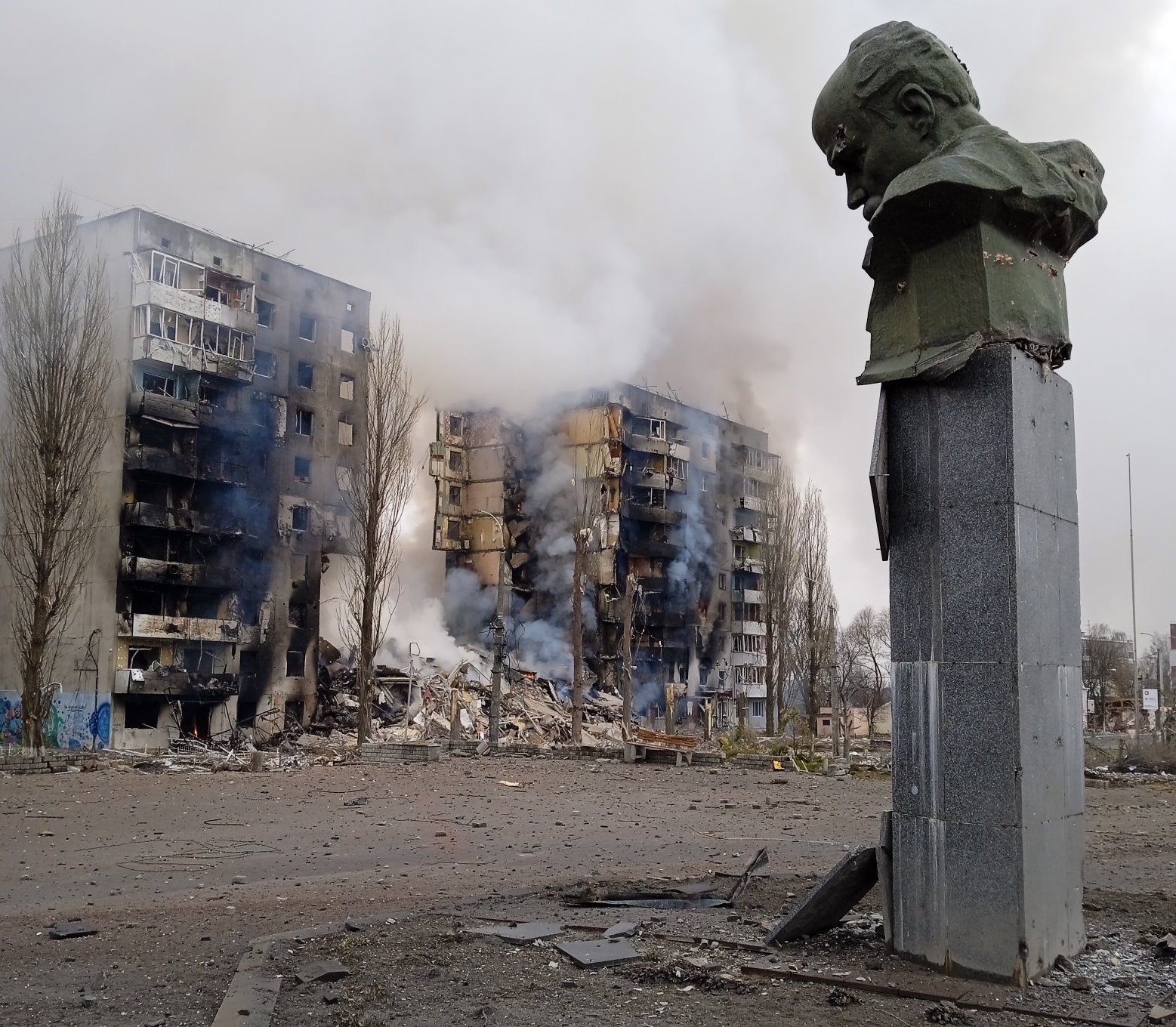
UN documents damage to cultural sites in Ukraine
A preliminary report from the United Nations Educational, Scientific & Cultural Organization (UNESCO) revealed the extent of damage to Ukraine’s cultural heritage since Russia invaded in February. UNESCO verified damage to 207 cultural sites, including 88 religious sites, 15 museums, 76 buildings of historic or artistic interest, 18 monuments, and 10 libraries. The report is sourced from satellite images taken before and after the start of the war by both the UN and private companies. UNESCO defines cultural properties under Article 1 of the 1954 Hague Convention. The worst damage was found to be in Donetsk region, now declared annexed by Russia, with 59 damaged sites. (Photo: damaged statue of Ukrainian national poet Taras Shevchenko in Borodyanka. Via Euromaidan Press)




